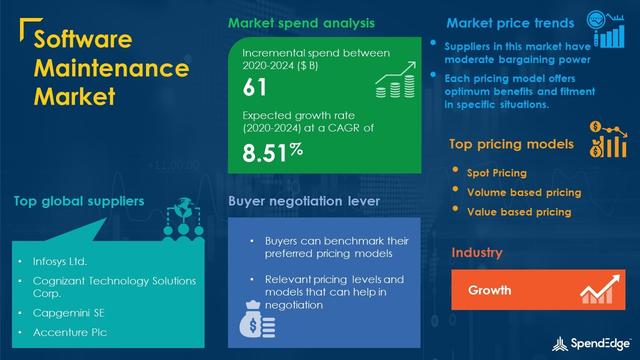Help desk systems enable IT teams and customer service professionals to serve customers better.
With help desk software, service teams can do things like track and report performance, provide self-service options, and systematically manage support requests.
But how are help desk systems evolving? Let us take a look.
The Early Evolution of Help Desk Systems
At the end of the 1980s, personal computing in the workplace started to become common. While IT help desks existed before that time, the systems needed support from things like mainframes and dumb terminals.
As help desk systems became commonplace, the technology behind them started to become more advanced and new tools and features were added over time, thus enabling businesses to be more efficient with support capabilities.
The next leap forward came with the introduction of the Information Technology Infrastructure Library.
ITIL is still at the forefront of help desk systems today. For instance, ManageEngine's ServiceDesk Plus is ideal for small and mid-sized companies that use the ITIL philosophy. And its advanced IT service management software is perfect for managing an entire IT infrastructure.
Of course, other help desk software is available, so compare different ones to find the right solution for your business needs. Get started by taking a look at the best alternative to Manageengine.
How Help Desks Are Evolving

Since the introduction of ITIL and IT service management software, help desk systems have evolved in numerous ways. Many additional tools have been added to systems to help improve various facets of customer service and business operations.
For instance, email access to IT support is now the norm, and workflow automation has been improved no end. Also, IT asset management tools are widely used to effectively manage IT assets within help desk systems.
Here are some of the other features that are now becoming more widespread in help desk systems. Each one is in its infancy, so expect to see even greater evolutionary changes in the next few years.
Remote Support
Remote support not only helps customers to contact customer service departments 24/7. It also helps the support teams to be more efficient and effective.
With members of staff increasingly being spread across different sites, and even countries, the remote support element of help desk systems has revolutionized support departments.
Automation
Automation and service orchestration capabilities cover simple things like executing data center scripts to more complex things like automating capabilities for cloud management.
As tools for help desk systems continue to evolve, expect to see more sophisticated automation being utilized soon.
Social Network Support
At the beginning of the 2010s, IT support professionals expected to see social networks like Twitter and Facebook act as additional IT support channels, but the idea never came to fruition. Instead, it was superseded by collaborative peer support.
However, social networks are in the process of evolving rapidly. Just consider Facebook's new Metaverse. So, social support in some form could yet play a crucial role in the evolution of help desk systems.
Gamification
Another thing that was supposed to take off in the same way as social network support was gamification, but again, it never became the next big thing.
Many companies do use gamification as part of their help desk system solutions, though, and it has been shown to improve performance, it could become more widely used yet.
Artificial Intelligence and Machine Learning
Above all, AI-enabled IT support is the main way forward for help desk systems.
From virtual assistants to chatbots, machine-learning-based artificial intelligence is already able to take on high-volume and low-value IT support tasks.
And as the technology becomes more sophisticated, machine learning and AI are sure to revolutionize help desk systems in ways that we cannot even imagine at present.




